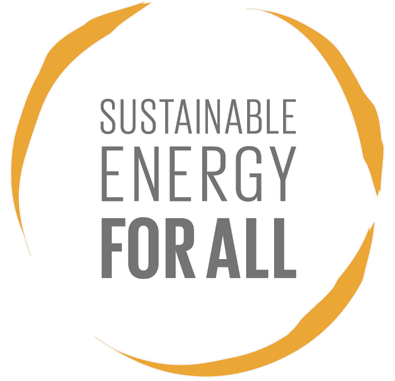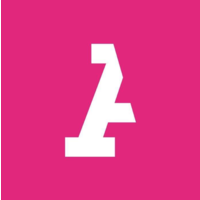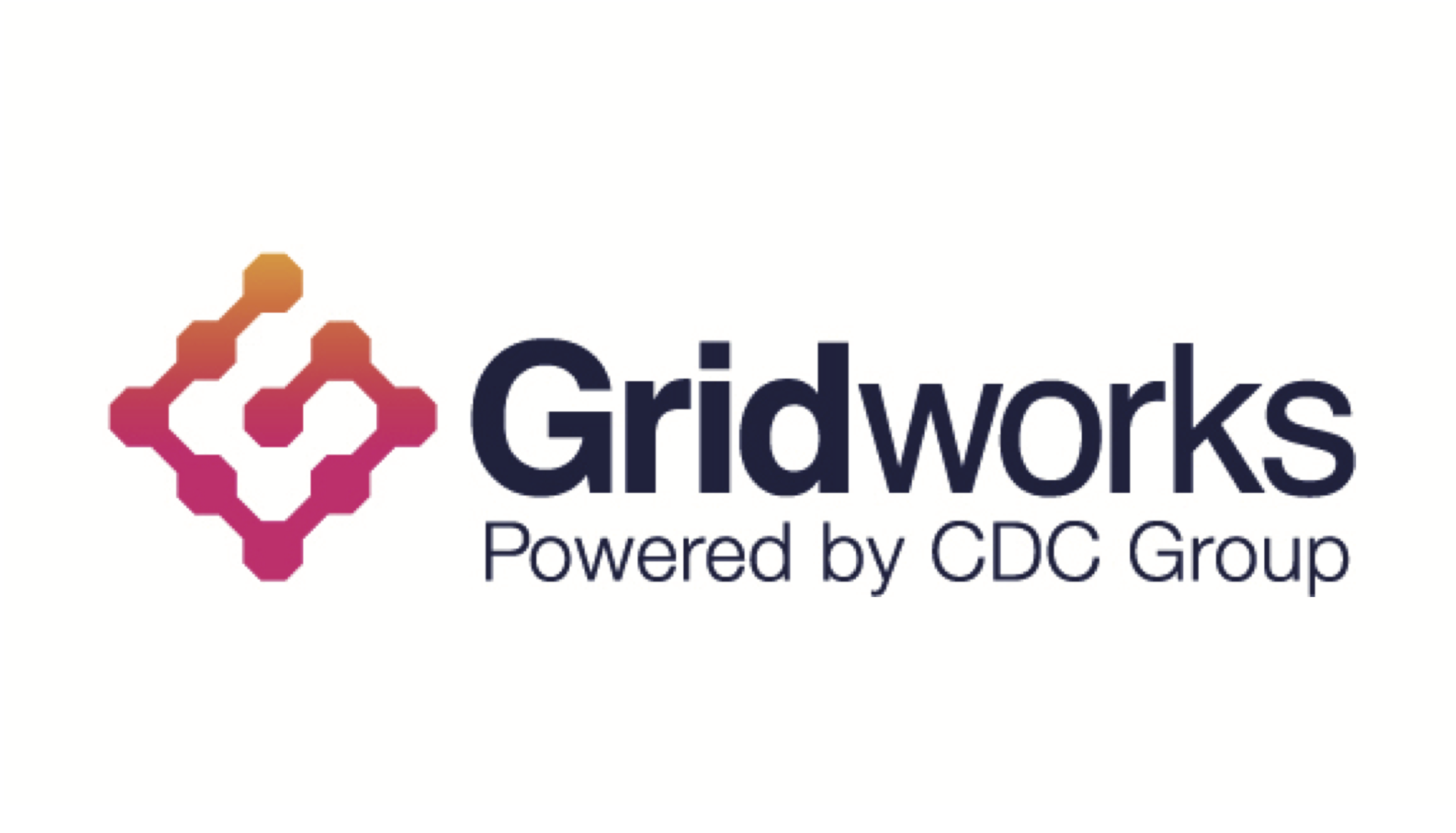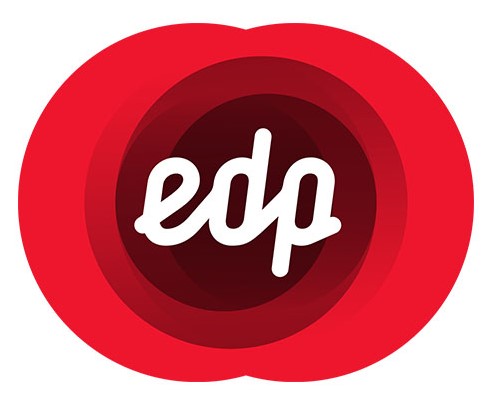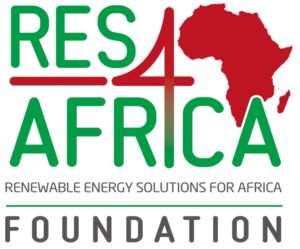7 September 2021: Teams from around the world are invited to register for and participate in Empower a Billion Lives – II (EBL-II), the biennial global competition to develop and demonstrate viable, holistic and scalable solutions to the challenging problems of severe energy poverty and lack of energy access that impacts billions of people around the world. EBL is organized by the IEEE Power Electronics Society (IEEE PELS) of the Institute of Electrical and Electronics Engineers (IEEE) and its partners.
Three billion people live in severe energy poverty, including 770 million who live without electricity access. With current policies and solutions, it is predicted that by 2030, there will still be around 660 million people without electricity access, falling far short of achieving UN Sustainable Development Goals (SDG7) targeted in the Decade of Action. Providing affordable and sustainable energy access can dramatically impact living standards, health, education, productivity, and ability to be a part of modern society. Solving energy poverty using 21st century technology would also result in reduction of 3.8 gigatons per year in carbon emissions, as compared with the use of traditional 20th century methods. New solutions that can scale are clearly needed.
EBL-II is building on the success of EBL-I, where over 450 teams from 70 countries participated in events, field demonstrations, and at the global final in Baltimore in the US. EBL II seeks to engage teams once again to develop solutions that will have a great impact in energy access, have sound business plans, are regionally relevant, and will scale.
In EBL-I over $500,000 was provided in awards and team support, including a $100,000 grand prize to team SoULS from IIT Bombay, India for an innovative model of Energy Swaraj (energy self-sustainability) based on marrying advanced industrial supply chain principles with a program to boost self-reliance for local women through training, jobs and entrepreneurship, a solution that has already reached over 1 million people. Other global winners include XPower from Rwanda, Reeddi and Havenhill Synergy from Nigeria, Entrepreneurs du Monde and Okra from Cambodia, and SolarWorx from Germany.
The EBL competition encourages multi-disciplinary teams consisting of innovators, entrepreneurs, and researchers, as well as student teams from colleges and universities, to develop and demonstrate innovative and cost-effective solutions that are based on fast-moving 21st century technologies with rapidly declining prices. A primary focus of EBL-II is to reduce technology and market risk, and to achieve scale and impact with solutions that are robust, economically viable, environmentally sustainable, and affordable for those who live on less than $1.90 USD per day.
Liuchen Chang, President of IEEE PELS states that “EBL is a unique program, marrying the latest capabilities in technology with the ability to scale rapidly. It leverages the global presence of IEEE, its preeminent position as a technology leader, and its tremendous volunteer base, to execute such a wide-ranging program. It also aligns very well with IEEE’s mission to advance technology for the benefit of humanity. EBL showcases how the most advanced technologies can be applied to solve problems of energy equity and access, and to do it in a manner that is sustainable and environmentally friendly i.e., good for the planet.” Teams from small and large companies, entrepreneurial start-ups, research institutions, and university students from different parts of the world will provide regional and cultural relevance to the solutions and are all invited to participate.
Please visit www.empowerabillionlives.org to learn more about Empower a Billion Lives II, to view the past winners, and to find out about how to compete in or to become a sponsor.
The Institute of Electrical and Electronics Engineers (IEEE) is the world’s largest technical organization with over 400,000 members/volunteers in 160 countries. The IEEE Power Electronics Society has over 30 years’ experience in facilitating and guiding the development and innovation in the control of electrical power for a wide variety of consumer, commercial, industrial, utility, transportation, and renewable energy applications.







